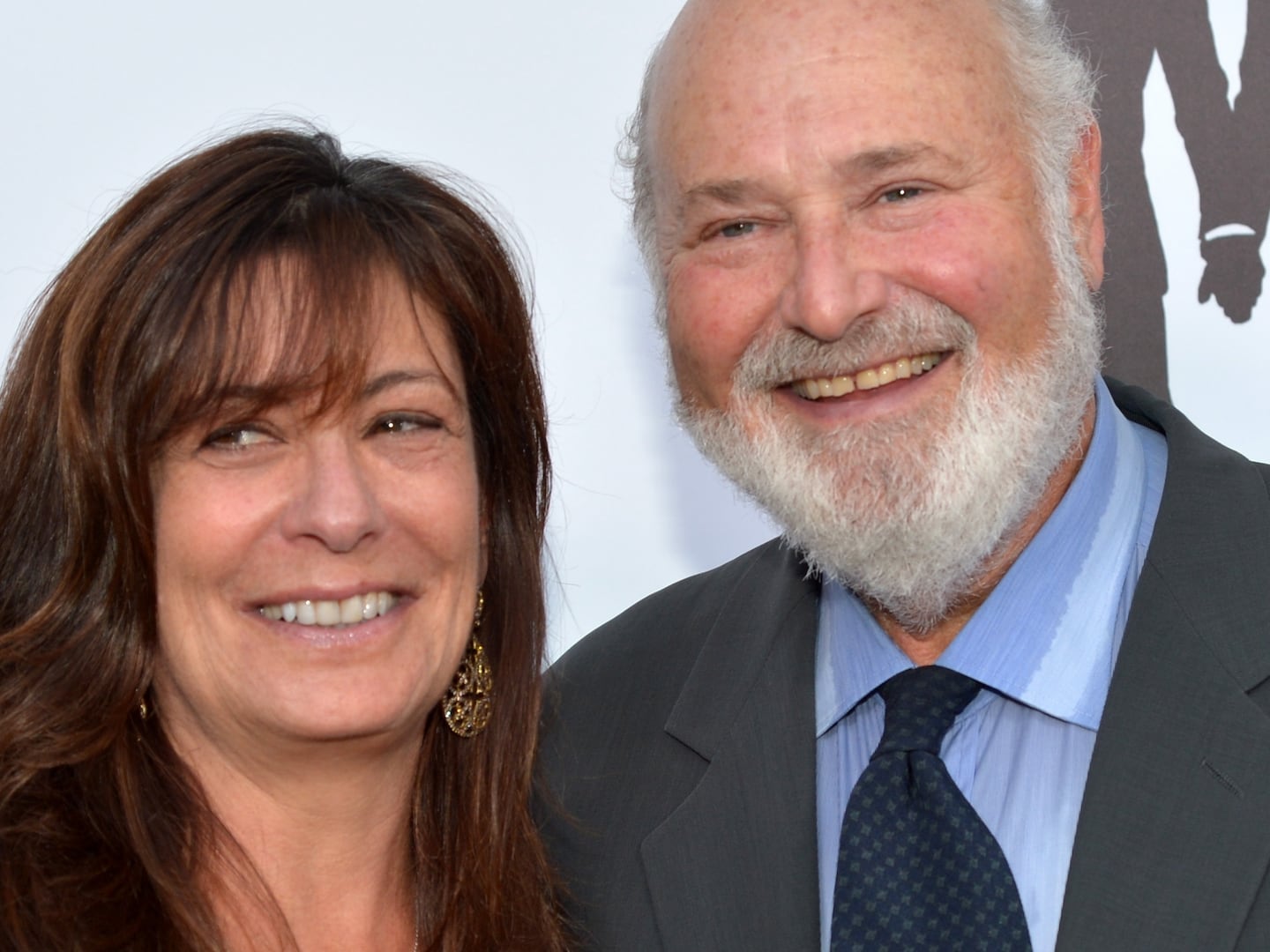Where did you grow up?
I was raised in a house on the far South Side of Chicago, in a development erected on landfill made from slag and other industrial by-products a few years after World War II. My father worked in a nearby steel mill—I learned later in life that he was a manual worker as a matter of conscience—and my mother worked for an opinion research company, going to people’s homes and interviewing them about their reactions to products and advertising. Helping companies perfect their advertising did not exactly square with my parents’ leftist ideas, but my mother needed work that allowed her to make her own hours. The houses on my block were identical, row houses made of pale pink brick, and each had a living room (which my parents, to my great shame, insisted on called “the parlor”) a dining room (which—shame’s second wave—we called “the library”) and a kitchen. Upstairs there were two bedrooms and a bath.

My playmates were Polish and Irish. As an only child I loved them in a burning, desperate way, they were siblings in every way except that their parents were rough and said nigger and kike, and my parents said democratic centralism and proletarian. My closest friend between the ages of 5 and 12 was named Dickie Dork. Everyone knew Dick had a dirty meaning, but “dork” as a pejorative was completely unknown, at least to me; it wasn’t until I spoke of him many years later, when I was trying to insinuate myself into a literary crowd, that I realized his name struck my new friends as an attempt at Dickensian humor. I grinned like a frightened chimp. This literary crowd and their opinions was important to me. Growing up, I did not know anyone who wrote anything, not even letters to the editor—they were all so well-educated and some of them worked for publishing houses, and some were even published. Until them, the closest I’d come to meeting and saying Hello how are you to a writer was the time in college when James Dickey (I had no idea there were going to be so many Dicks in this!) wandered into a party I was attending.
Where do you live and why?
By the time I was 14, my most burning ambition was to leave my home, leave my neighborhood, leave my city. I kept it a secret wish. It was easier done than said. It wasn’t only that I wanted to leave Chicago—I wanted to live in New York City. And I did—for a time. I was sure that in New York there resided the smartest people in the world, and I suppose I was half-right about that. But I couldn’t tolerate walking my dogs along the city streets, the constant noise was wrecking me psychologically, and even after I had some success I didn’t have enough money to rent or buy an apartment large enough for my wife and two children. We moved 100 miles north, to the Hudson Valley. The wife has left, the kids have grown up and moved away, but I am still here. A few novels ago, I started using my town as a prototype for the fictional town of Leyden, New York, and the novel I am working on now spans 40 years in this re-imagined landscape, with a few of my old characters coming back to join me. It could very well be that once I am done with the book, I will be done with this place, once and for all!
Describe your morning routine.
Where I live it’s better to write in the morning, because the night is really, really, really dark, and I do believe you’d go mad if you weren’t asleep for most of it. I usually rise between 6:30 and 7:30, let out however many dogs are living here, and, when we are keeping domestic ducks, go out to the pond to see if all of them survived the night—with its many sharp-eyed predators, night for ducks is even more harrowing than it is for writers. The woman who delivers the New York Times is truly stalwart, and about 350 days out of the year the paper in its cheerful blue plastic sleeve is somewhere near the house. I fetch it, make coffee in one of those old-fashioned espresso pots, toast some bread, and read the paper until about 830, and then go straight to my desk (a messy place, but reliably welcoming to me) and work until about 1145, at which time I take two hours off for tennis, outdoors in the mild weather, indoors when the snow flies. I try to keep a steady pace with my writing. I have found that super-productive days are usually followed by two and even three days when I can hardly write a word. I used to try for 1000 words a day; now I am high-fiving myself after 500. I would be finishing a novel a year if I kept my 500 words a day, but I write in drafts—draft after draft—and usually it takes me three or four years to get a manuscript ready. The novel I am working on now will probably take longer than four years. I am already at least two years into it. I have lots of notes, character sketches, ideas for scenes, sentences I like but have not found a home for, but I don’t have a clear idea of where this thing is leading, even though I already know the characters about as well as I know anyone. Doctorow famously said that writing a novel is like driving at night—you can see about as far as your headlights shine. He’s right about that, I think (just as he’s right about so many things). But I would slightly embellish it, and remind writers that those headlights are powered by language and the more charged your language the brighter your headlights burn and the more you are able to see.
Is there anything distinctive or unusual about your work space? Besides the obvious, what do you keep on your desk? What is the view from your favorite work space?
I have two desks and two computers because there are times—less frequently now than before, when my bills were mounting more quickly—when I am working on two separate pieces simultaneously, and I use one desk for project A and another for project B. They are both in the study of my old farmhouse, in a room that has three nice sized windows, each with a lovely, bucolic view. However, the desks are situated so I can’t look out a window, but instead face a wall. I don’t want to get involved with anything that isn’t going on inside my own head.
What is guaranteed to make you laugh?
These days Louis CK has a pretty strong purchase on my funny bone, but laughter for me is often a matter of surprise and its sources remain unpredictable.
What is guaranteed to make you cry?
Tears are another matter. If I want to indulge in weepiness, my favorite dog is buried about 1000 feet from my house and I can go out and talk to him. Music, too, can dismantle me—for instance, this morning: Sam Cooke singing “Touch the Hem of His Garment.” The Faure Requiem can bring tears, too. And sometimes when a great tennis player weeps after a match I cry along, too, so moved am I by the effort, aloneness, and artistry of what has just transpired.

If you could bring back to life one deceased person, who would it be and why?
Many people I have loved are deceased and since the fun of this question is dependent on keeping the reanimations to one, I can’t chose. So I will resurrect someone I did not love—J. Edgar Hoover. I primarily want him to know that his secret life is no longer a secret, and that after a lifetime terrorizing people he has become a figure of fun, a man routinely mocked and ridiculed, and what I imagine was his greatest fear—that his private life would become public—has indeed come to pass. I want him to walk around with the knowledge that everyone he meets has an image of him in a dress. I recognize that it’s ungenerous of me, but I think it would be good for everyone if he knew that.
What is the story behind the publication of your first book?
It’s a tale that is both encouraging and discouraging to beginning writers. My first novel was submitted to nearly twenty publishers before it was accepted by Houghton Mifflin, thanks to the enthusiasm of an editor named Joyce Hartman. The encouraging part is that after a couple of years of rejection, frustration, and sadness, I got what I dreamed of, longed for, and worked toward—the certifiable right to call myself a novelist. (Until then, it was something I kept mainly to myself.) That first book, called Last Night at the Brain Thieves Ball was not a success. Ms. Hartman and her colleagues were certain that I had written a chilling, sci-fi novel about the dangers of electronic snooping—unlike NSA snoopers, my brain thieves planted electrodes into the brains of their subjects, mostly for market research purposes. (A nod to my mother’s old door-to-door job.) I was too nervous that Houghton-Mifflin would back out of the “deal” and I would have to give back the $2700 I’d been paid. But the truth was I had written what I thought was a comic novel, composed under the spell of Despair, an early Nabokov. The book sold reasonably well to members of my immediate family, and I was launched, given not only the beginnings of a career but the beginnings of a new identity. The parts of this story that are discouraging to beginning writers is that an agent from an established agency was willing to send the book out 20 times, and, most chillingly, there were so many different mainstream New York publishers in the 1970s that Houghton Mifflin was twentieth on her list. I think half the publishers who rejected that book have gone out of business—though not because they failed to publish Last Night at the Brain Thieves Ball!






